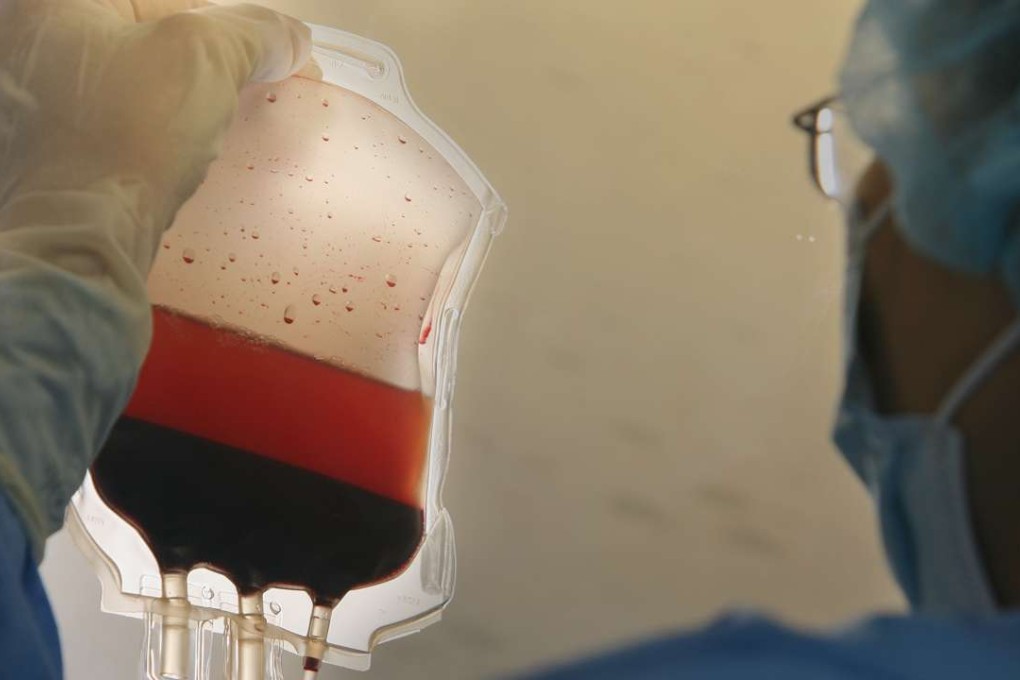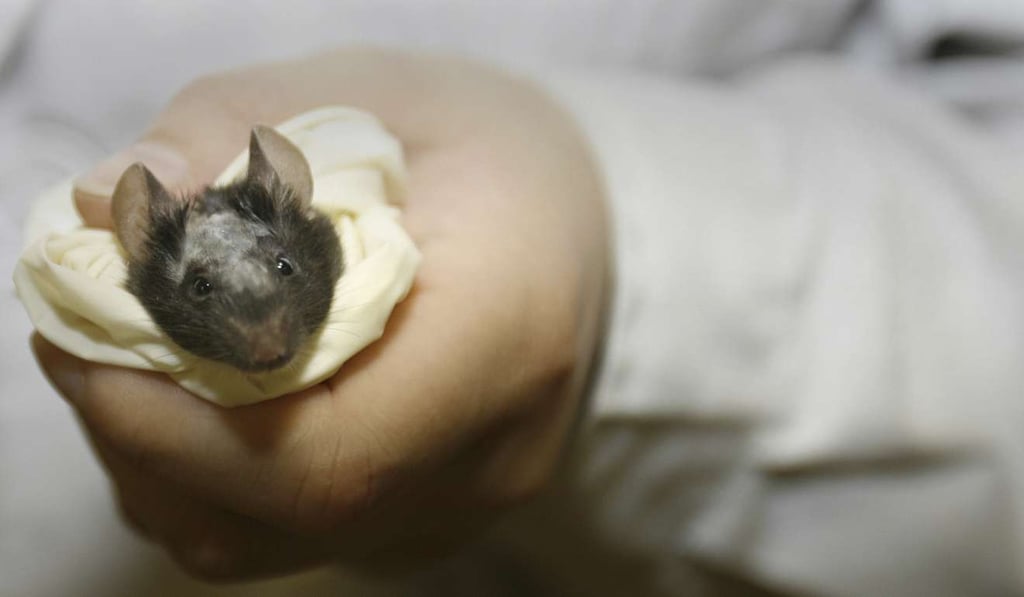Umbilical cord blood protein may keep ageing brains healthy, researchers say
Elderly mice showed improved learning, memory and ability to adapt to new situations, such as a maze they were able to get out of, but experts not involved in the research say it is not certain same effect will be seen in human brains

Lab tests in which elderly mice were injected with a protein found in human umbilical cord blood have potential implications for keeping our brains healthy as we age, scientists say.
The protein, TIMP2, has previously been found to play a role in the development of the hippocampus – the part of the brain that processes memories and enables spatial navigation. TIMP2 is plentiful in the plasma of umbilical cords, but levels of it decline with age.
A team led by Tony Wyss-Coray at Stanford University in California injected ageing mice with TIMP2. The injections boosted activity in the rodents’ hippocampus, and their learning, memory and ability to adapt to new information all improved, notably in their ability to extract themselves from a lab maze. TIMP2 – or the brain cells that the protein acts upon – could be useful targets for drugs to fight cognitive decline among the elderly, according to the study, published in the journal Nature.

Outside commentators said the findings were exciting, but a hefty dose of caution was needed.
“The study shows that a human protein can reverse cognitive ageing in mice,” says Jennifer Wild, a researcher in clinical psychology at Oxford University. “This does not mean that the protein can cure dementia or cognitive ageing in humans.”